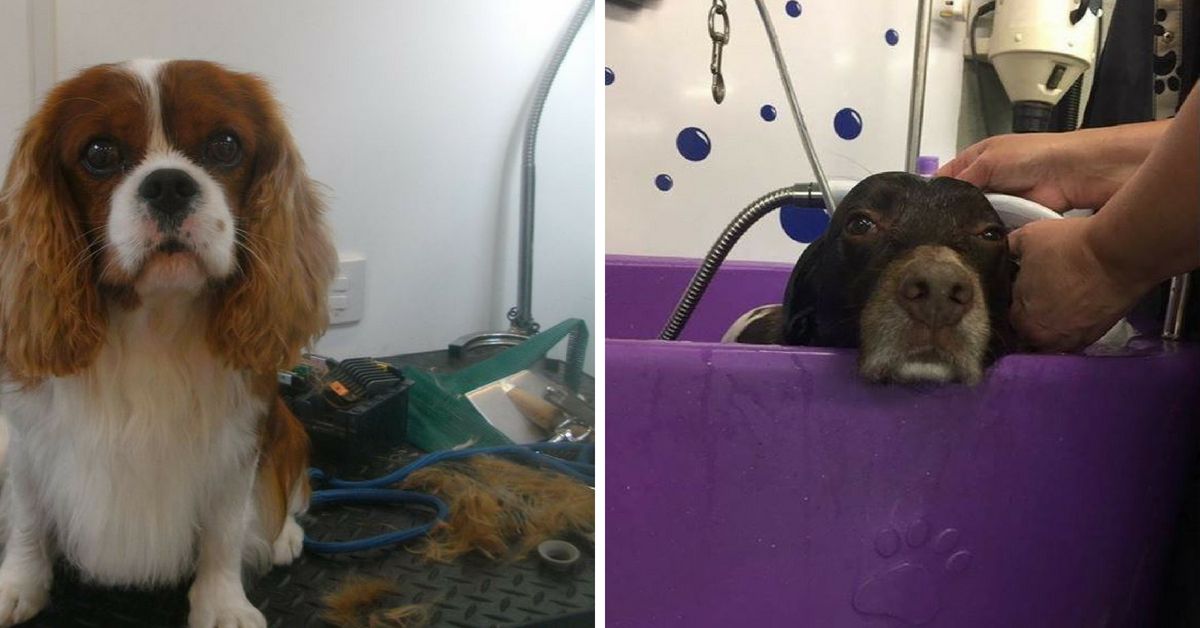*This article was written by Adam Conrad, founder of Shih Tzu Expert. Visit Shih Tzu Expert for incredible dog tips and tricks to keep your pets healthy and happy.
Everyone who has a dog understands the joy and delight that they can bring into your life. One thing that isn't joyful about them, however, is their need to be regularly groomed. Like doing the dishes, making the bed, or vacuuming the carpet, your dog needs to be groomed so that he or she can live their best life. This guide will help you make sure that the process goes as smoothly and painlessly as possible.
#1 Get to Know your Groomer
Sometimes it's easiest to take your dog to a big chain store to get groomed, but sometimes the professionals there aren't as well-trained as they could be. Take the time to discuss your dog's needs to the groomer, as well as making sure that they understand where your dog has issues being touched or brushed, if they get nippy when their ears get washed, or if your pup cries every time someone clips their claws.
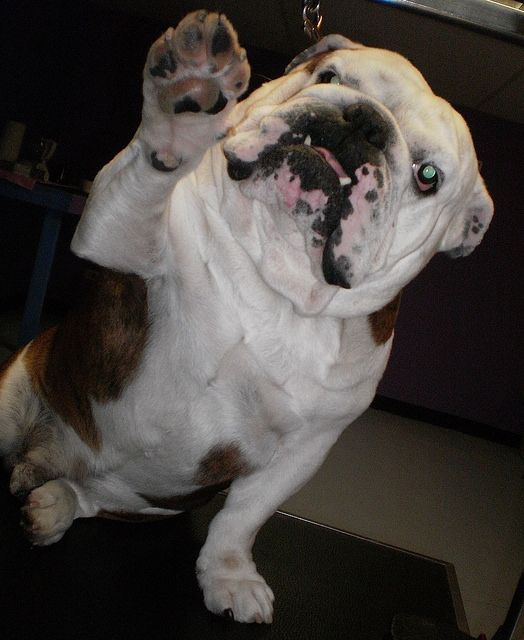
Make sure the groomer understands how to take care of specific dogs as well - it's not a good idea to take your poodle to be groomed by someone who's only taken care of short-haired dogs, for example. Take as much care in choosing a groomer as you would a babysitter - your dog is a member of your family, after all, and needs loving, tender care!
#2 Understand your Dog's Needs
It's all well and good to interrogate every groomer that sets a hand on your dog, but before you set about instructing them it's important to know what your dog needs yourself! Do your research on your breed of dog and how to best take care of them. For example, it's essential to know that if a pomeranian gets trimmed to closely, their tender skin can burn in the sun, and a Chinese crested dog will require different grooming standards than a Cavalier King Charles spaniel.
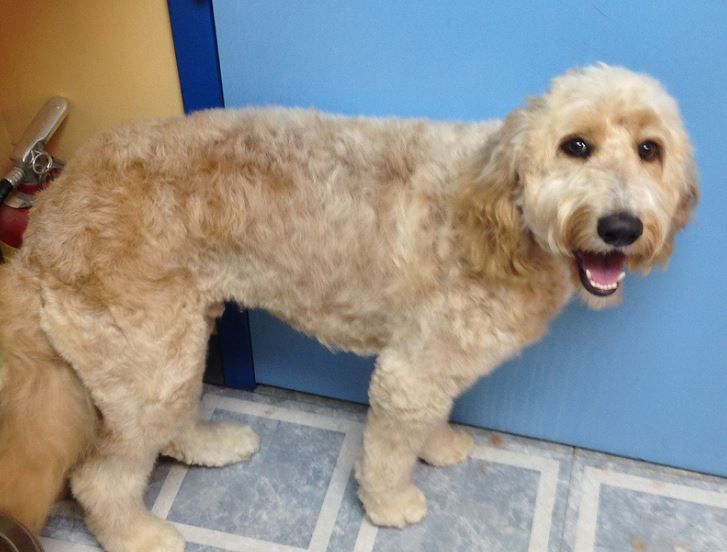
You should also know what types of shampoo your pup might have reactions to, or if they're sensitive to grass or other common allergens. If you don't know these things, your groomer might not either.
#3 Communicate Effectively
When speaking with your groomer, be sure to use clear, concise language. You may have a clear image in your head of exactly how you want Ruffle's haircut to look, but if you use vague descriptions and nondescript gestures your groomer may not have the first idea of where to start.
Even worse, your groomer may think that they understand and give you a result that's completely different from what you wanted! It may help to bring past photos of your dog when their haircut looked the way you wanted it to, or a photo of another dog with the type of look you're going for if you and Ruffles are trying something new.
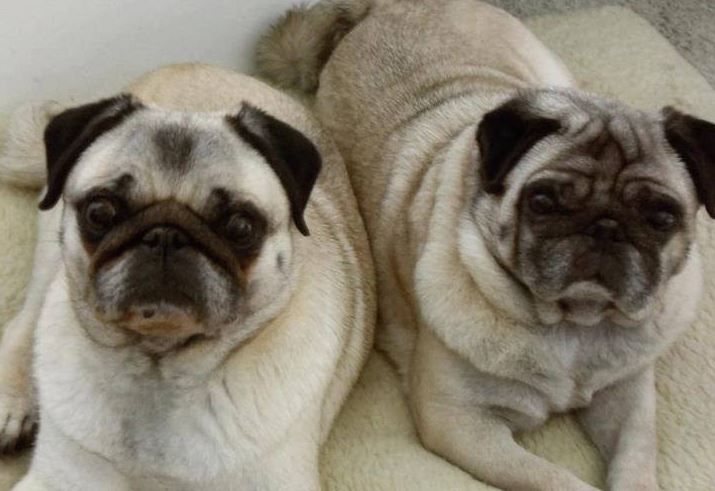
You should also be prepared for your dog to not look exactly how you envisioned, especially if the cut or style you're trying is typically used for a different breed of dog. Groomers aren't miracle workers, but will for the most part do their absolute best to have your pet looking as dapper as can be.
#4 Keep Expectations Reasonable
While it's important to vet your groomer carefully and ensure that your dog is safe while with them, it's also important to remember that groomers are human too. Sometimes the clippers will slip (read this guide to check how to select good clippers), or the nail trimmers will catch a bit of the quick of the nail, or the haircut won't look exactly how you wanted it to. In most cases that is completely okay.
If the groomer takes good care of their equipment and cares about animals, your pet is not very likely to be seriously hurt or to get an infection from a possible cut. Such mistakes would be even easier to make if you were trying to groom your pet yourself, so keep in mind that your groomer is doing their best. If your pet does get hurt, keep a watchful eye on the wound to stave off infection.
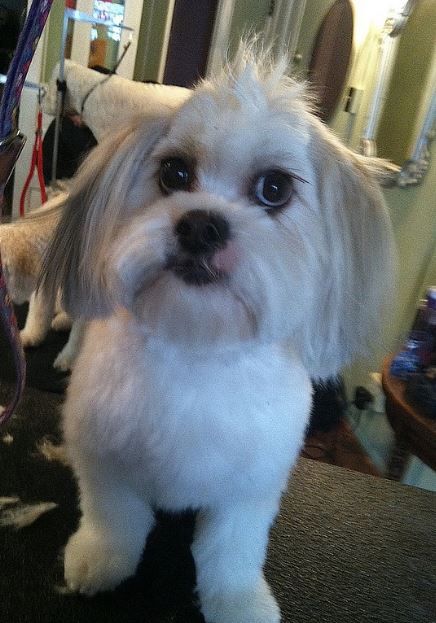
Even the most sterile of cuts can turn sour if not protected and kept clean. Remember, however, that cuts should be anomalies, not the norm, and if they do occur they should not be deep or dirty. Any wounds like that after a groomer has cared for your dog should make you wary of taking your dog back to them in the future. If the wound seems infected, dirty, or serious, take your pet to their vet - especially if their shots are due.
#5 Know When to Leave
It's time to hire someone new if your groomer, even after researching them thoroughly and giving them the benefit of the doubt, doesn't have your pet's best interests at heart. If your pet seems visibly distressed at the sight of them, or leaves their establishment with cuts more often than not, then it's time to investigate their practice.
Ask to sit and watch as your pet is groomed. If your groomer objects, that's definitely a red flag. Most good groomers would be more than happy to allow an owner to sit and watch their pet being taken care of, and even if it's not company policy the groomer should have good reasons to deny such a simple request.
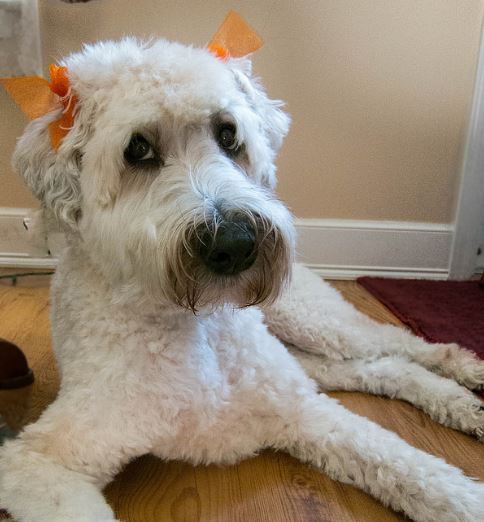
A groomer who is immediately defensive when asked, or who doesn't have good reasons to refuse, probably has something to hide. At the end of the day, even if you don't catch abuse or maltreatment, it's best to find someone else if your groomer makes you or your pet uncomfortable. It's always better to be safe than sorry.
Finding a good groomer
Finding a good groomer can be a stressful experience, but articles like this one can make the job much easier. In the end, hiring a groomer can give you much better results than grooming your pet yourself, and their experience and competence with dogs should put your pet (and you) at ease.
Never be afraid to ask your groomer pressing questions about their practices and policies, and consider a good groomer an asset to your life like you would a good dentist or pediatrician. Your dog is an important part of your family, and should receive the care and attention they deserve.
